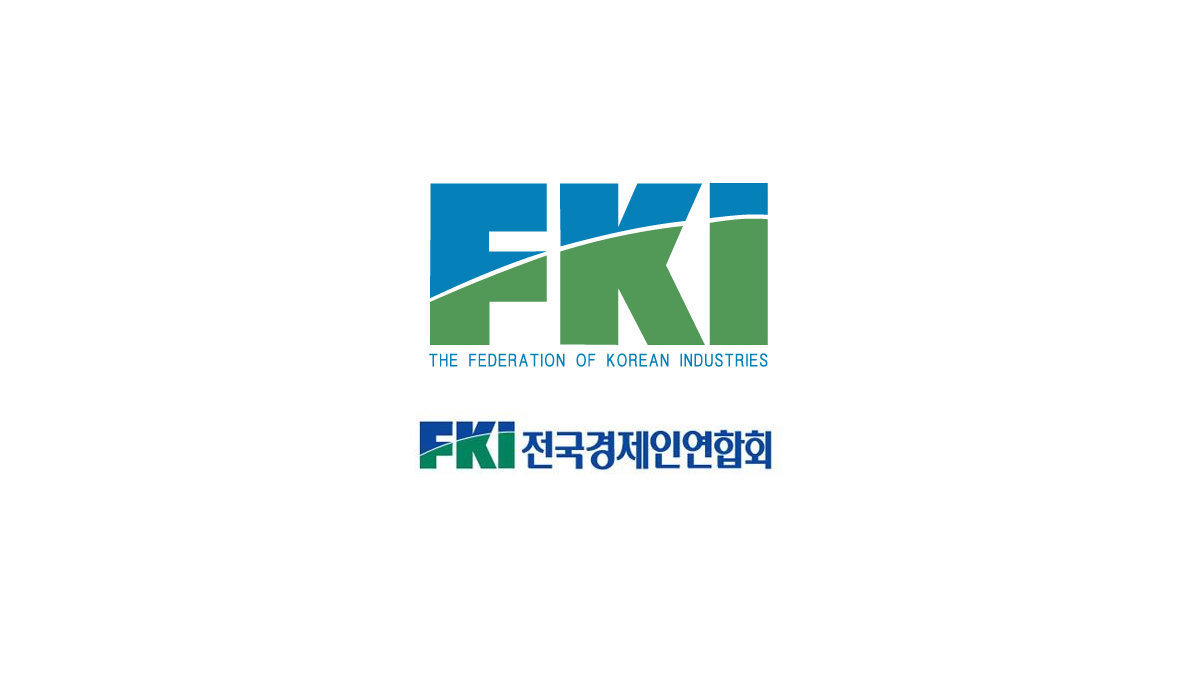Only six Korean firms among ‘top 500 global leaders,’ FKI says
By Kang Jae-eunPublished : Sept. 16, 2021 - 14:59

Only six South Korean companies made it on the list of the world’s top 500 global leading firms, compiled by the Federation of Korea Industries, the business lobby group said in a report Thursday.
The list is made by its affiliate research body based on operating profits and sales revenue data from S&P Capital IQ, an international market research and information provider.
A total of six companies -- Samsung Electronics, SK hynix, Hyundai Motor, LG Electronics, Posco and Kepco – were included in the list.
The country with the most leading companies was China, with 89 firms. The United States followed closely with 79, the FKI report said.
Japan and France shared third place, with 17 companies each.
The organization predicted that if South Korea were able to add four more companies to the list, it could generate around 124,000 direct and indirect jobs.
By industry, South Korea’s global leading firms were heavily concentrated in the manufacturing industry.
Of the six, four were from the manufacturing sector. No Korean company from the services sector made it on the list. This is a stark contrast from other countries, the group said, which showed a more even distribution among industries.
South Korea was also the only country whose companies were in the negative territory in terms of annual sales growth.
The average sales growth from 2018 to 2020 was minus 0.4 percent for the six Korean companies. Other countries, on the other hand, showed positive figures, with the US and China each posting 8.5 percent, Japan 4.7 percent and the United Kingdom 2.2 percent.
The global average was 5.8 percent.
Local companies had a relatively low debt rate, an average of 80.1 percent, for the three years, compared to the global average of 190.9 percent, suggesting many here prefer a conservative approach to management.
The business lobby argued the government should ease regulations to help the firms increase their global competitiveness. It also advised the government to give more corporate tax benefits and revise strict entry restrictions in the services sector.
“We are seeing fewer and fewer quality jobs that young people seek out, as many large companies cut back on recruitment,” said Choo Kwang-ho, an official from the institution.
“(The government) needs to solve South Korea’s job problem by expanding the number of globally leading companies.”
The list is made by its affiliate research body based on operating profits and sales revenue data from S&P Capital IQ, an international market research and information provider.
A total of six companies -- Samsung Electronics, SK hynix, Hyundai Motor, LG Electronics, Posco and Kepco – were included in the list.
The country with the most leading companies was China, with 89 firms. The United States followed closely with 79, the FKI report said.
Japan and France shared third place, with 17 companies each.
The organization predicted that if South Korea were able to add four more companies to the list, it could generate around 124,000 direct and indirect jobs.
By industry, South Korea’s global leading firms were heavily concentrated in the manufacturing industry.
Of the six, four were from the manufacturing sector. No Korean company from the services sector made it on the list. This is a stark contrast from other countries, the group said, which showed a more even distribution among industries.
South Korea was also the only country whose companies were in the negative territory in terms of annual sales growth.
The average sales growth from 2018 to 2020 was minus 0.4 percent for the six Korean companies. Other countries, on the other hand, showed positive figures, with the US and China each posting 8.5 percent, Japan 4.7 percent and the United Kingdom 2.2 percent.
The global average was 5.8 percent.
Local companies had a relatively low debt rate, an average of 80.1 percent, for the three years, compared to the global average of 190.9 percent, suggesting many here prefer a conservative approach to management.
The business lobby argued the government should ease regulations to help the firms increase their global competitiveness. It also advised the government to give more corporate tax benefits and revise strict entry restrictions in the services sector.
“We are seeing fewer and fewer quality jobs that young people seek out, as many large companies cut back on recruitment,” said Choo Kwang-ho, an official from the institution.
“(The government) needs to solve South Korea’s job problem by expanding the number of globally leading companies.”







![[Graphic News] More Koreans say they plan long-distance trips this year](http://res.heraldm.com/phpwas/restmb_idxmake.php?idx=644&simg=/content/image/2024/04/17/20240417050828_0.gif&u=)
![[KH Explains] Hyundai's full hybrid edge to pay off amid slow transition to pure EVs](http://res.heraldm.com/phpwas/restmb_idxmake.php?idx=644&simg=/content/image/2024/04/18/20240418050645_0.jpg&u=20240419100350)





![[From the Scene] Monks, Buddhists hail return of remains of Buddhas](http://res.heraldm.com/phpwas/restmb_idxmake.php?idx=652&simg=/content/image/2024/04/19/20240419050617_0.jpg&u=20240419175937)

![[KH Explains] Hyundai's full hybrid edge to pay off amid slow transition to pure EVs](http://res.heraldm.com/phpwas/restmb_idxmake.php?idx=652&simg=/content/image/2024/04/18/20240418050645_0.jpg&u=20240419100350)

![[Today’s K-pop] Illit drops debut single remix](http://res.heraldm.com/phpwas/restmb_idxmake.php?idx=642&simg=/content/image/2024/04/19/20240419050612_0.jpg&u=)